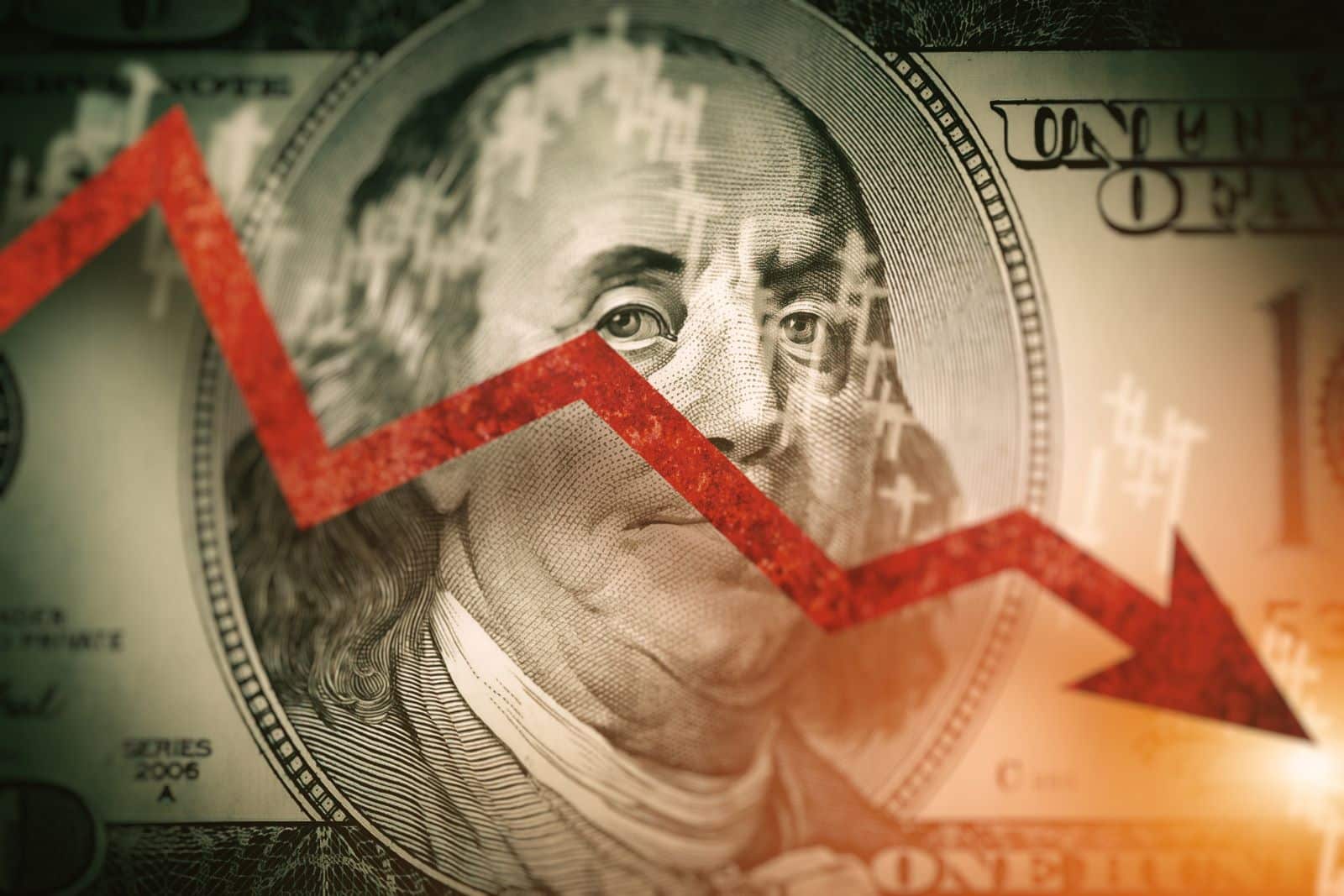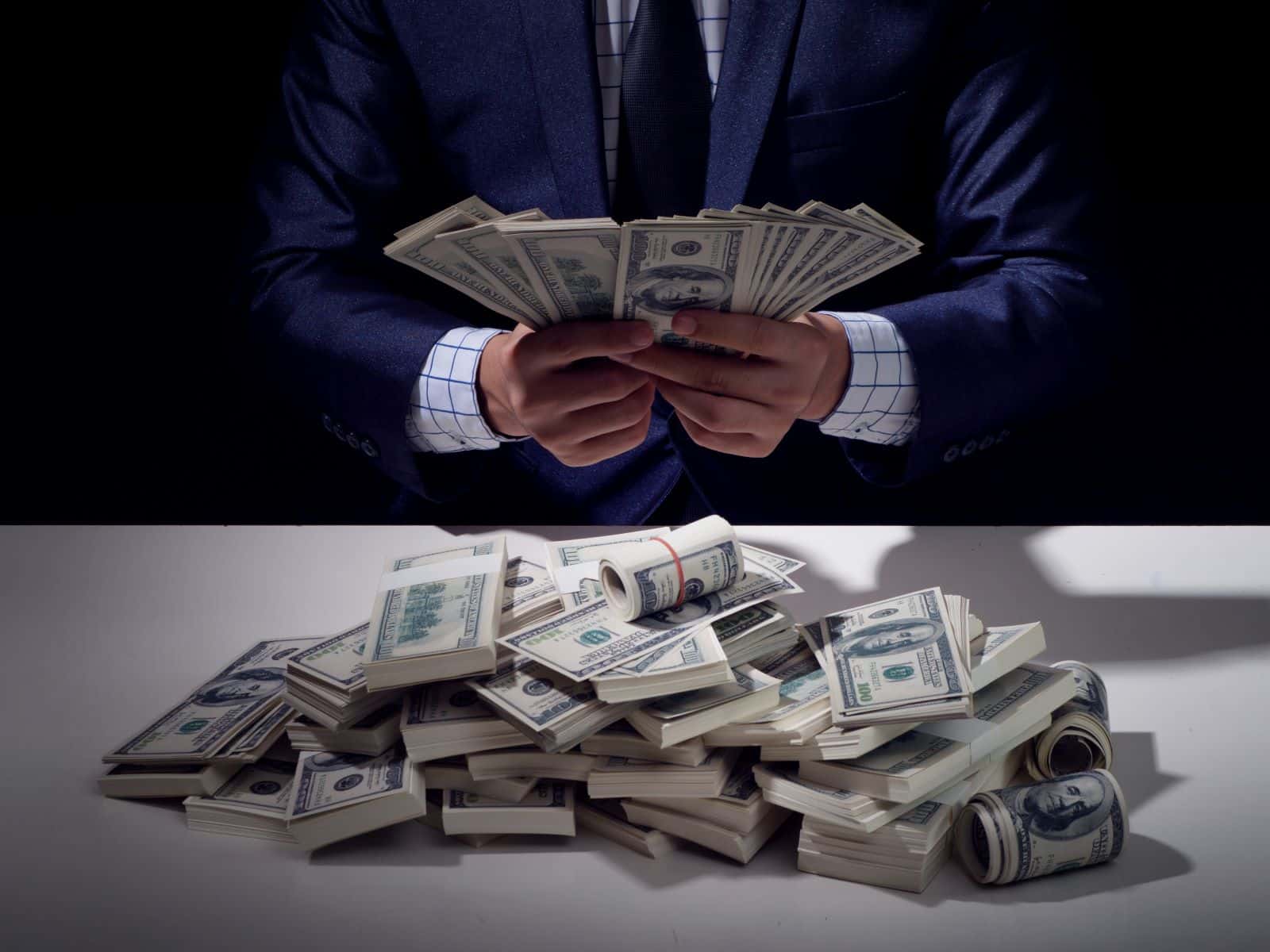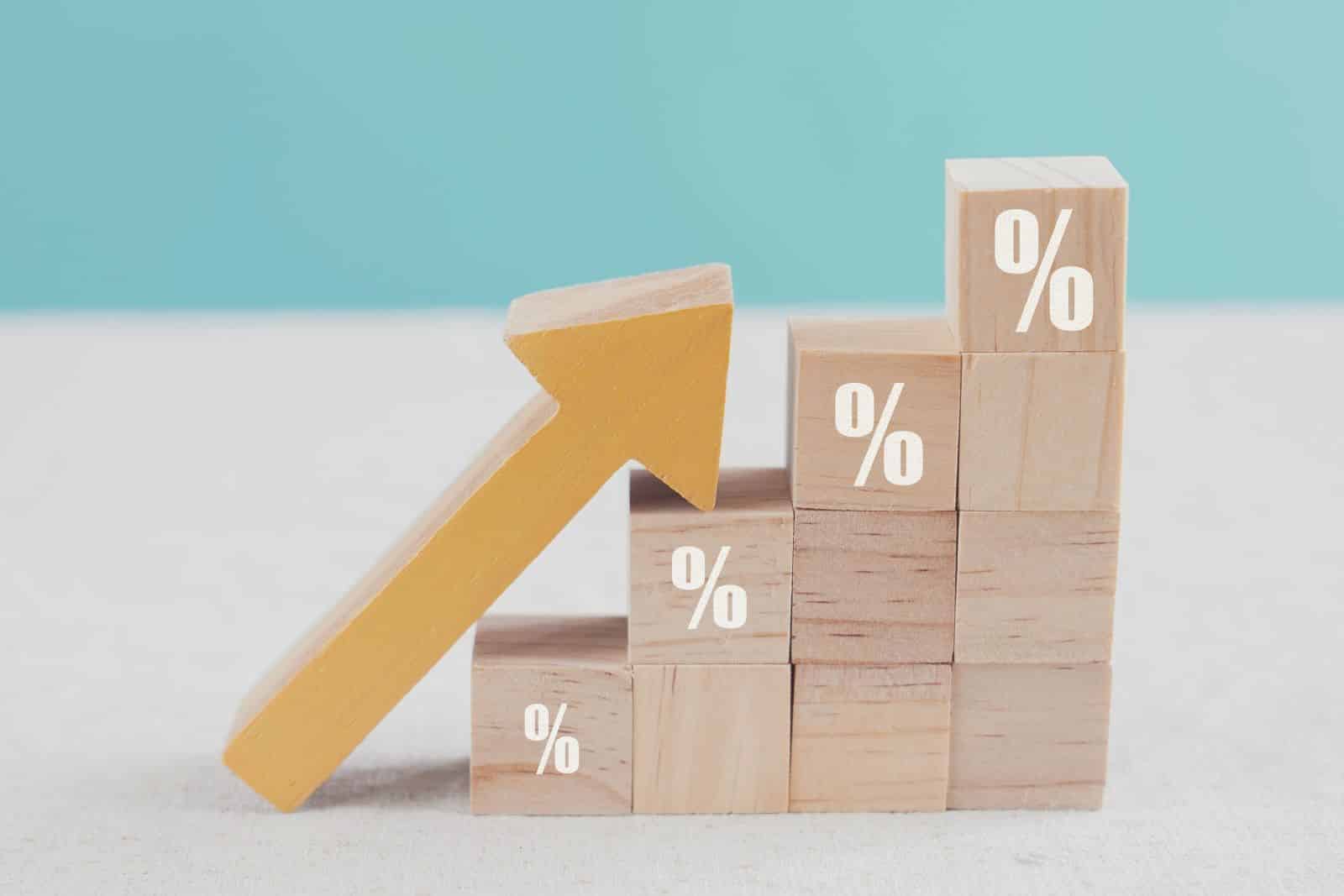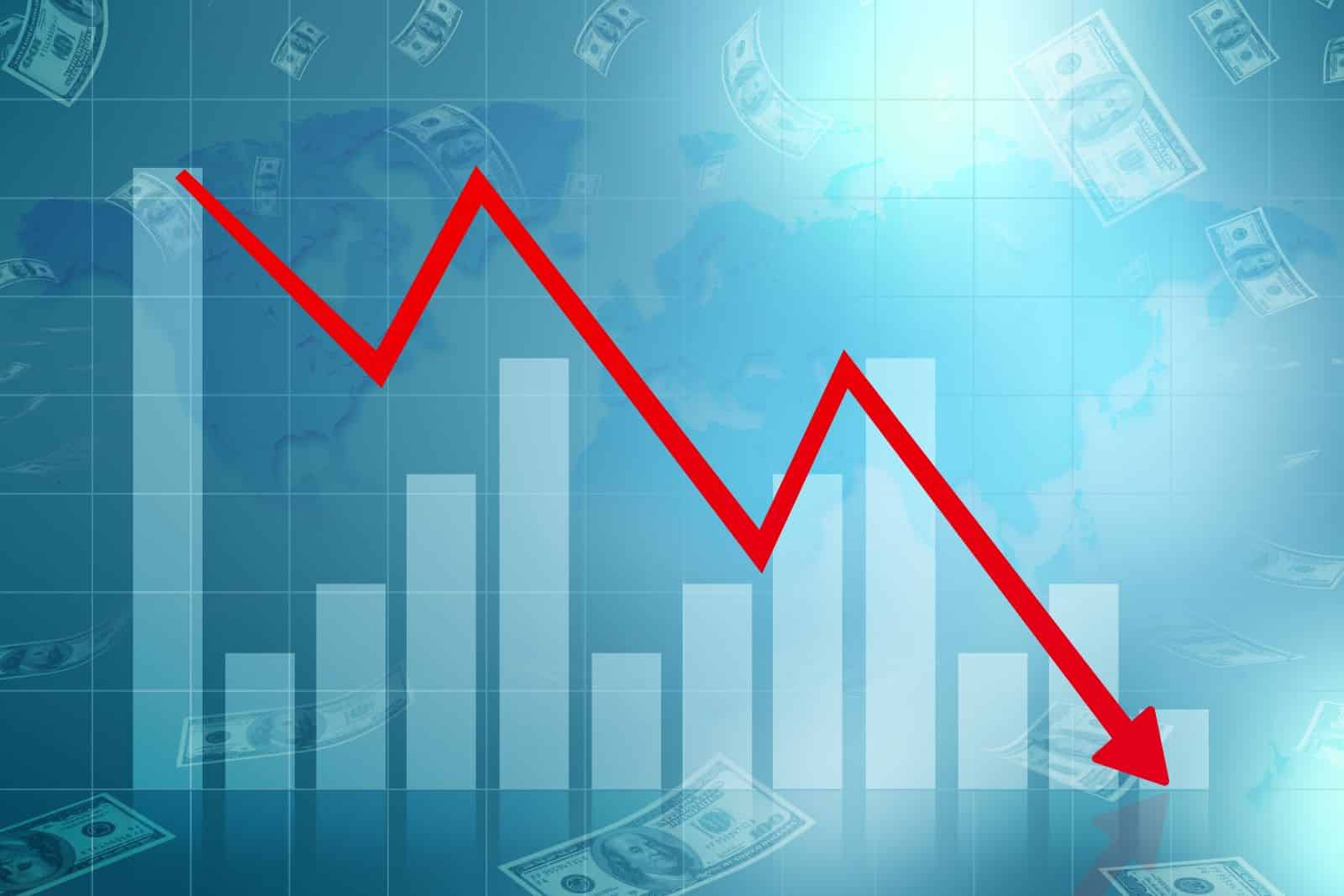The Spring Art Auctions have been a bit of a rollercoaster ride, showing us that the art market might not be as steady as previously thought. Let’s take a look at what that could mean for the U.S. economy in general.
Spring Art Auctions Signal Economic Ebb

The recent Spring Art Auctions have shown that the economy might be in a tough spot. Every spring, the Art Auction season rolls around, and with it, a massive amount of money begins to funnel into auction houses like Christie’s, Sotheby’s, and Phillips.
Art Auctions

These auctions sell lots of different artworks, showing what’s popular and affecting the art market. While it may come as a surprise, financial experts regularly look at the art market’s performance as an indicator of the wider economy.
Gauging Economic Health with a Paintbrush

It gives an insight into how ultra-wealthy people manage their money because, typically, they’re drawn to buying art not just because they enjoy it but also because it can be a smart investment.
Art Auction Giants Face Financial Fears

A big event of the auction week was Christie’s decision to withdraw its most expensive offering – a painting by Brice Marden valued between $30 million and $50 million.
Caution in the Canvas

To many, this move indicated severe market apprehension on Christie’s part. “The choice to withdraw the Marden was ours,” said Alex Rotter, a Christie’s specialist – pointing towards a cautious sentiment.
Tech Trouble and Trepidation

This move also set the vibe for the week – that of caution and doubt. What made the collective anxiety worse was a “technology security issue” that disabled Christie’s website until Sunday – which experts are claiming was likely due to a ransomware attack. The damage had been done.
Art Auctions in a Financial Funk

Christie’s, Sotheby’s, and Phillips – big players in the art auction world – sold a total of $1.4 billion worth of art. That might sound like a lot, but it’s actually 22% less than what they made last year.
Worries Rise

This drop in sales has got people worried – especially with the presidential election coming up.
Christie’s Confidence

Despite these challenges, Christie’s managed to make $528 million in evening sales, hitting its forecast range and prompting CEO Guillaume Cerutti to say, “We are grateful for the trust our clients and stakeholders have shown in Christie’s during these moments and heartened by the numerous encouragements we have received.”
Sotheby’s Selectivity

Charles Stewart, CEO of Sotheby’s, noted the shrinking demand for high-priced items, describing the market as “momentum-based” with a “herd mentality.”
A Sign of Shifting Financial Tides

Sotheby’s made $633 million in sales, within their predicted range, although it’s clear that buyers and sellers are becoming more selective.
Third-Party Guarantees

Because times are tough, auction houses are relying heavily on third-party guarantees to make sure they don’t lose too much money.
Art Auctions Hedge Their Bets

Auction houses are essentially getting outside investors to promise to buy artworks for a minimum price before the auction even starts. This way, even if things don’t go well, they won’t be left empty-handed.
High-Value Art in a Downturn

High-value pieces, such as Alberto Giacometti’s $22.3 million bronze sculpture, Kerry James Marshall’s $7.5 million painting, and David Hockney’s $8.3 million wave painting, were all supported by third-party guarantees.
The New Normal

There’s also been a change in how much money people are willing to spend on artwork. In past years, it wasn’t uncommon to see multiple people purchase single pieces of artwork for around $50 million. This year, however, the most expensive piece sold for only $22.3 million.
Art Market Austerity

Image Credit: Shutterstock / Andrey_Popov
Christie’s, Phillips, and Sotheby’s only managed to sell 11 pieces for between $20 million and $50 million, and nothing went for over $50 million. In response, art market experts have begun saying, “$20 million is the new $50 million.”
Contemporary Concerns

Meanwhile, young artists aren’t doing as well as they used to. The Now auction at Sotheby’s, which typically focuses on contemporary art, brought in $32.7 million this year. That’s down almost 12% from 2023 and down a massive 55% from the year before that.
Cloudy with a Chance of Economic Downturn

The recent struggles in the art market could signal some tough times ahead for the economy. When big spenders hold back on buying pricey art, it can signal that they’re feeling unsure about where things are headed financially.
Economic Echoes in the Art World

This careful approach from wealthy investors might mean less money flowing into businesses and slower overall economic growth. It could also mean fewer chances for regular people to find jobs and an increased challenge keeping their finances stable.
Remote No More: 19 Companies Returning to the Office

As the pandemic wanes, companies are recalling remote workers back to the office, sparking debates on fairness, costs, and convenience. However, there are also notable productivity, coworking, and mental health benefits to consider. Feeling the effects of these changes? Remote No More: 19 Companies Returning to the Office
8 Costco Must Buys and 8 to Leave Behind

Ever wandered Costco’s aisles, questioning if that giant jar of pickles is a real bargain? Or debated buying tires where you get your rotisserie chicken? Welcome to the definitive guide to Costco shopping—a journey to save money, prevent regrets, and offer quirky insights into bulk buying. 8 Costco Must Buys and 8 to Leave Behind
23 Reasons Texas Is the Next Big Thing

Texas is becoming a beacon of opportunity, blending cultural heritage with economic growth. From its landscapes to its industries, the Lone Star State offers a dynamic lifestyle. Here are 23 reasons why Texas stands out, attracting entrepreneurs, artists, tech professionals, and families seeking new beginnings. 23 Reasons Texas Is the Next Big Thing
15 Top Sites to Sell Your Unwanted Goods Besides Craigslist

Selling your unwanted items can declutter your space and boost your income. While Craigslist is popular, there are many alternatives with unique features and wider audiences. Explore these 15 Craigslist alternatives for selling everything from furniture to electronics, finding the perfect platform to turn clutter into cash. 15 Top Sites to Sell Your Unwanted Goods Besides Craigslist
Work from Anywhere: 19 Companies Still Supporting Remote Work

Tired of commuting and craving work flexibility? You’re not alone. Many companies now offer remote work, benefiting both employees and employers. Ever wondered how this shift could enhance your work-life balance? Work from Anywhere: 19 Companies Still Supporting Remote Work
The post – Art Auctions in Crisis: What a Decline in Sales Means for the Economy – first appeared on Liberty & Wealth.
Featured Image Credit: Shutterstock / Gorodenkoff.
The content of this article is for informational purposes only and does not constitute or replace professional financial advice.
For transparency, this content was partly developed with AI assistance and carefully curated by an experienced editor to be informative and ensure accuracy.

